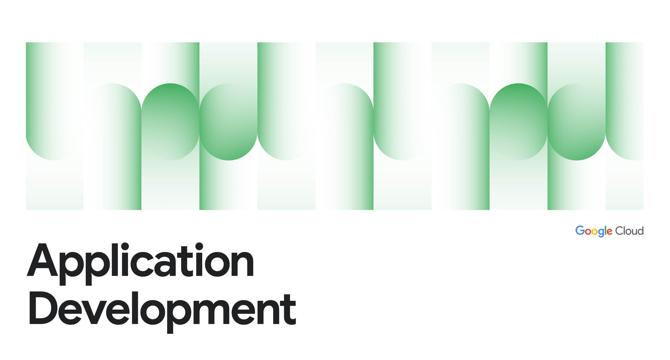Cloudblog
2M
418

Image Credit: Cloudblog
A framework for adopting Gemini Code Assist and measuring its impact
- The adoption and impact of artificial intelligence in software development are crucial for improving efficiency and code quality among developers.
- A practical framework is outlined for adopting AI-assisted code creation and assessing its effectiveness in software development workflows.
- The framework includes four key steps: Adoption, Trust, Acceleration, and Impact in implementing AI code assistants like Gemini Code Assist.
- Adoption involves tracking daily active use and code suggestions to ensure developers are actively using the tool.
- Trust is established by monitoring code suggestion acceptance rates and lines of code accepted to gauge developers' confidence in AI output.
- Acceleration measures improvements in development speed and software quality using metrics like DORA measures and story points.
- Impact connects these improvements to business goals by assessing changes in key performance indicators like revenue and time to market.
- The AI-assistance journey progresses through phases of Adoption, Trust, Acceleration, and Impact, each contributing to the overall improvement in productivity.
- Measures such as daily activity, code suggestion acceptance, and acceleration metrics are essential in affirming progress and impact of AI-assisted coding.
- Gemini Code Assist supports Adoption and Trust measurement through discrete activity insights, user-specific data, and dashboards for tracking AI assistance impact.
- Organizations should conduct evaluations prior to committing to code AI-assistance, with defined success criteria, participant selection, and evaluation measures.
Read Full Article
25 Likes
For uninterrupted reading, download the app